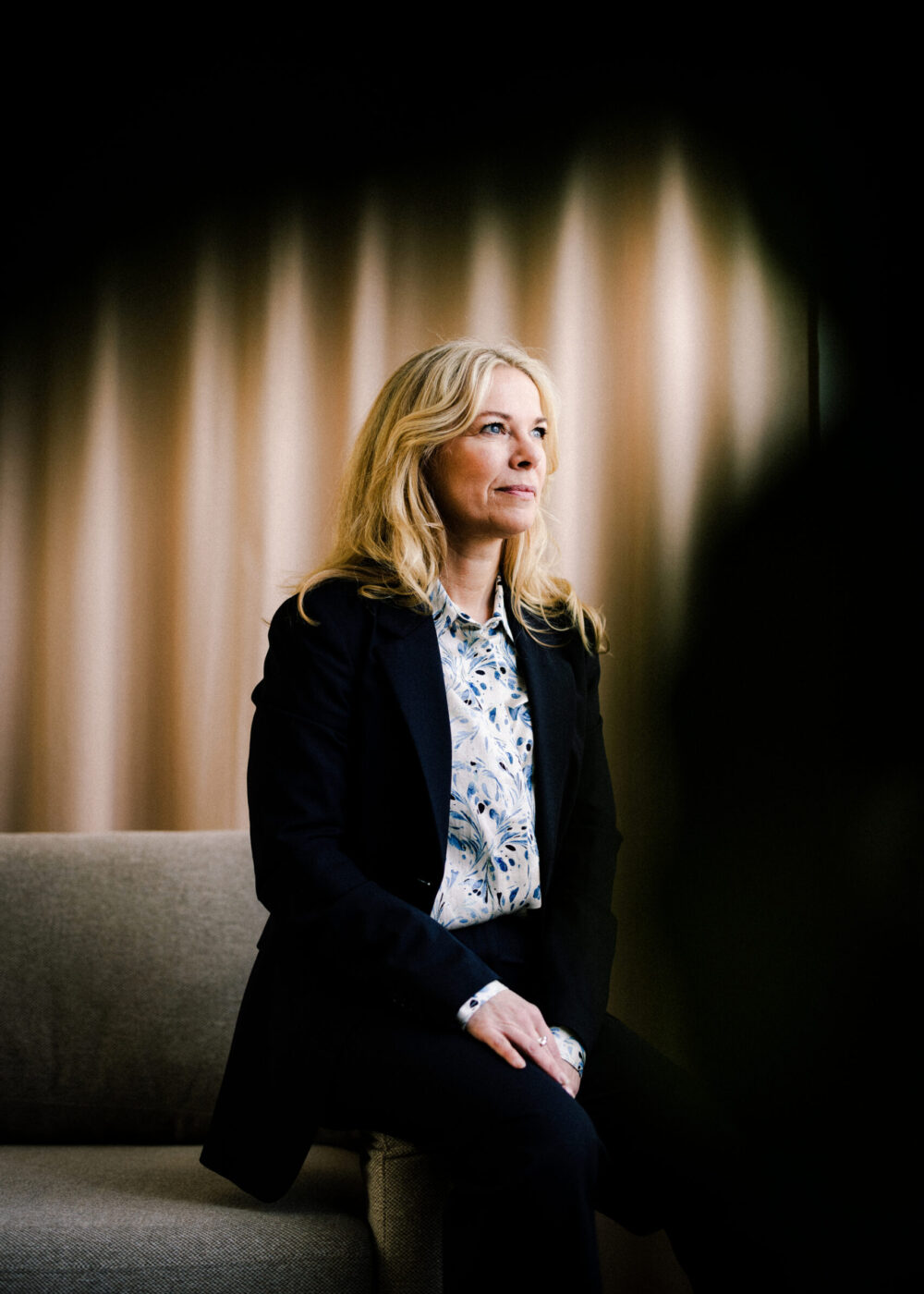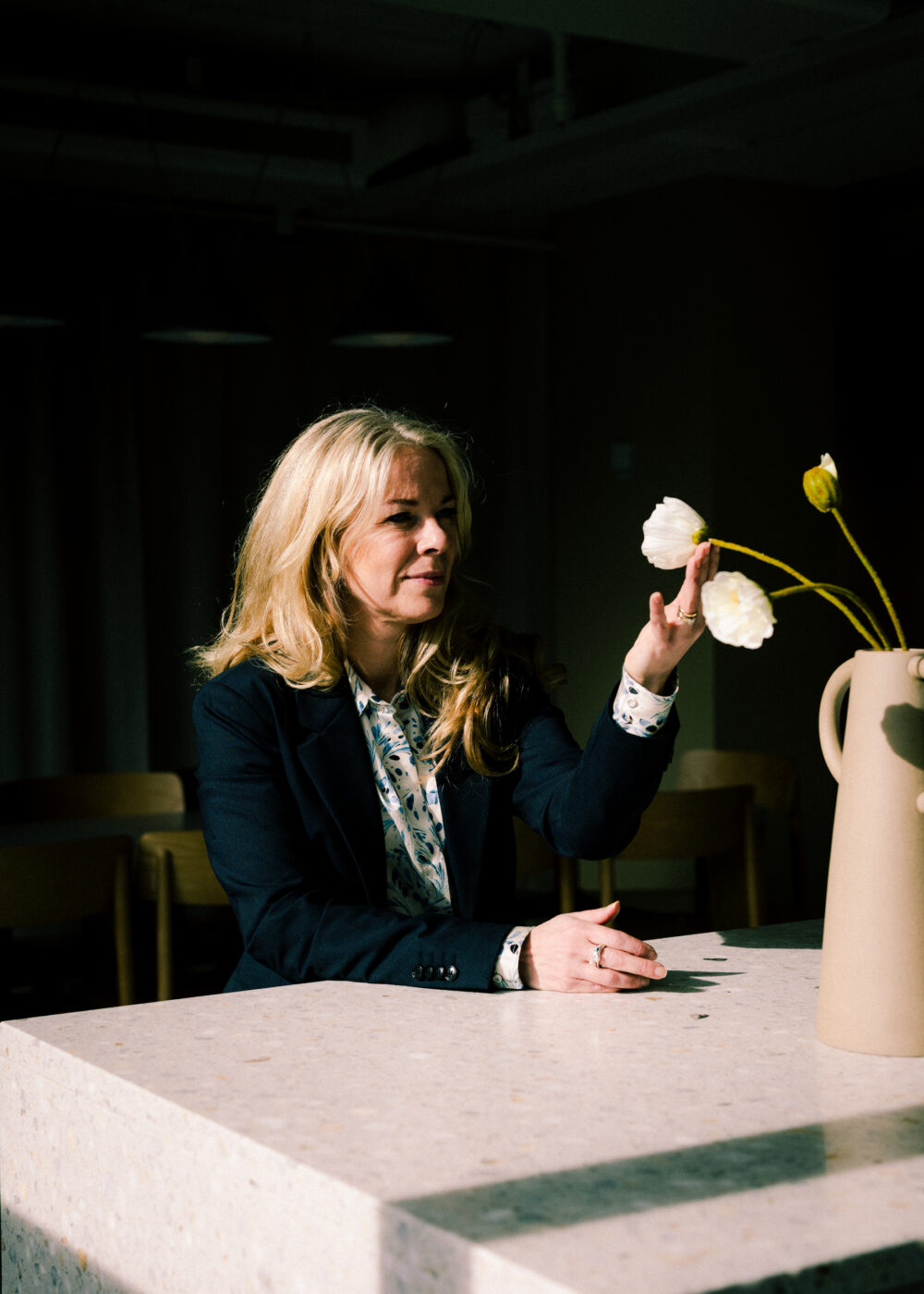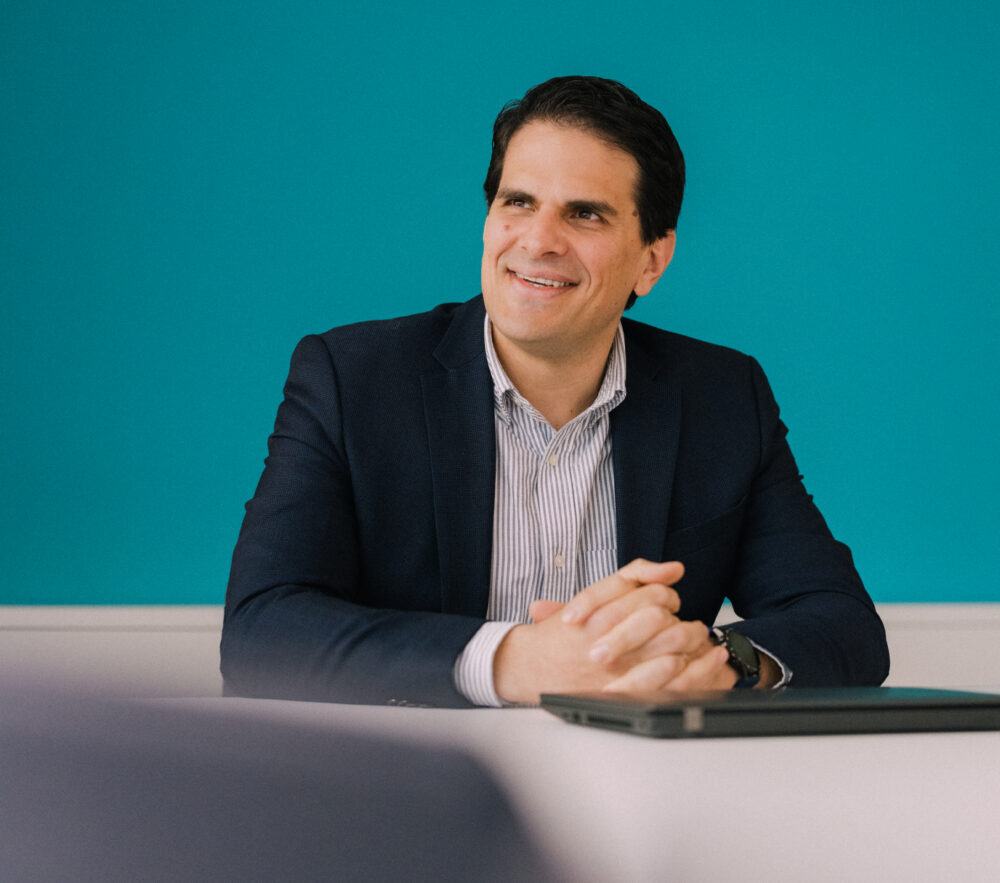To Ulrika Jonsson, trust is a superpower – in teams, in client relationships, and in society at large. And as Netcompany’s Country Managing Partner in Sweden, her mission is to help rebuild it through responsible digitalisation.
We may have grown a little too comfortable in Scandinavia, if you ask Ulrika Jonsson. Accustomed to quiet lives in well-functioning welfare states, upheld by strong institutions and an enduring sense of security. No looming threats, and no real reason to question whether the systems we’ve built would continue to serve us.
But times are changing.
»The geopolitical landscape is shifting. Our demographics are shifting. And if we don’t keep up – in terms of security, transparency, and efficiency – we risk losing the very trust that holds everything together,« she says.
Trust, especially, is something that occupies the mind of the Swedish Country Managing Partner.
In recent years, Sweden has faced growing challenges in maintaining the high level of institutional confidence as well as its long-held status as a digital society. And for Ulrika, that tension creates an opportunity – and a responsibility.
»In uncertain times, a society built on trust and community matters more than ever. And I believe digitalisation plays a pivotal role in protecting that.«
For the past 25 years, she has been at the helm of business development and leadership in the IT sector. Her experience spans large IT environments to small-scale start-ups, yet through all the different roles and acronyms, her driving force has remained constant: a fascination with how technology can improve the way we work, live – and connect.
Today she oversees Netcompany’s Swedish projects guided by the same motivation that’s shaped her career – and with a renewed ambition to help Sweden reclaim its position at the forefront of digitalisation.
















